April 25 stands as one of history’s most eventful days, witnessing the rise and fall of empires, groundbreaking discoveries, and moments that shaped our modern world across centuries of human achievement.

Politics and Government Events on April 25
1974 – Carnation Revolution Overthrows Portuguese Regime
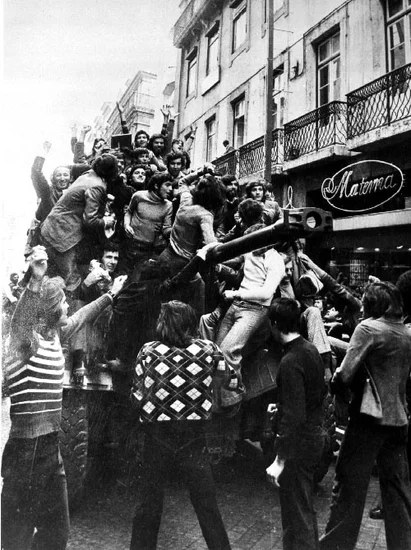
A leftist military coup in Portugal successfully overthrew the authoritarian Estado Novo regime that had ruled for decades. The bloodless revolution transformed Portugal from a dictatorship into a democratic republic.
Young military officers led the uprising, distributing carnations to celebrate their peaceful victory. This dramatic political transformation marked the end of Europe’s longest-lasting fascist government and ushered in a new era of Portuguese democracy.
1945 – United Nations Founding Conference Begins
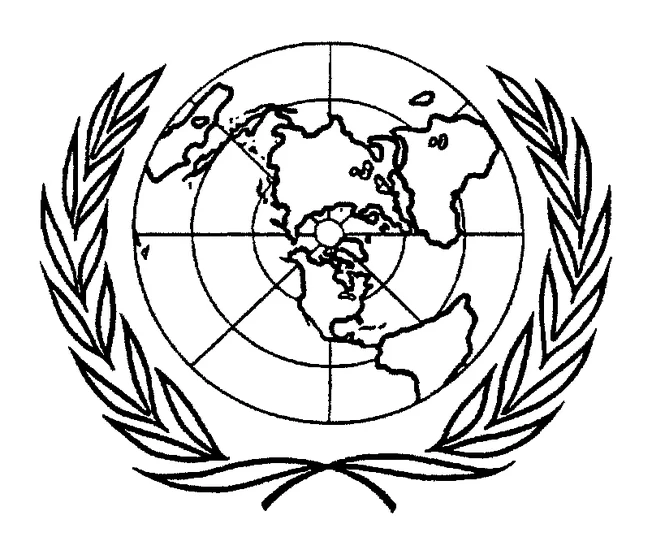
Delegates from fifty nations gathered in San Francisco to begin negotiations for establishing the United Nations organization. The conference represented humanity’s ambitious attempt to create lasting international peace after two devastating world wars.
Diplomatic representatives worked tirelessly to draft the UN Charter over the following months. Their efforts would fundamentally reshape international relations and establish the framework for modern global governance.
1990 – Nicaragua Elects First Female President
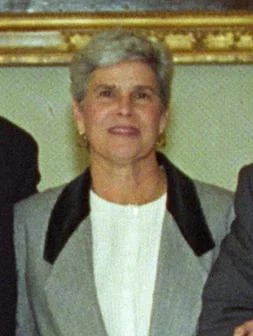
Violeta Chamorro assumed office as President of Nicaragua, breaking barriers as the first woman to hold the nation’s highest office. Her election marked a crucial transition from years of civil conflict to democratic governance.
Chamorro’s leadership brought stability to a country torn by revolution and war. Her presidency demonstrated the vital role women could play in healing divided nations and building sustainable peace.
1920 – Allied Powers Determine Middle East Mandates
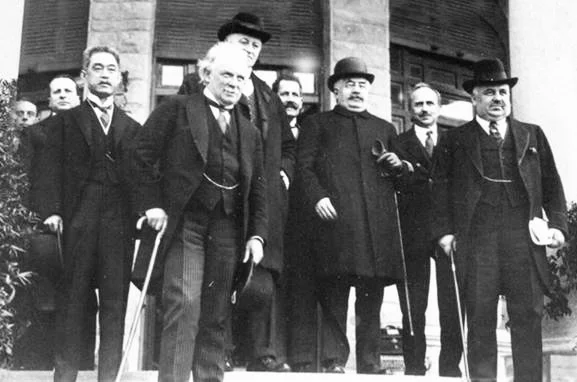
The San Remo Conference saw principal Allied Powers adopt resolutions allocating League of Nations mandates for former Ottoman territories. These decisions would reshape the entire Middle Eastern political landscape for generations.
British and French administrators carved up vast territories, creating new boundaries and governance structures. The conference’s determinations laid the foundation for many modern Middle Eastern states and ongoing regional complexities.
1951 – Korean War Battle of Kapyong
UN forces, primarily Australian and Canadian troops, successfully repelled massive Chinese assaults in fierce fighting. The battle demonstrated the effectiveness of international military cooperation during the Korean conflict.
Chinese forces launched determined attacks but faced stubborn resistance from well-coordinated Allied units. This victory helped stabilize UN defensive lines and marked a turning point in the war’s momentum.
Military and Naval History on April 25
1915 – Battle of Gallipoli Campaign Begins
British, French, Australian, New Zealand, and Indian forces launched their ambitious invasion of the Turkish Gallipoli Peninsula. The massive amphibious assault aimed to open a new front against the Ottoman Empire during World War I.
Troops landed at Anzac Cove and Cape Helles under intense enemy fire. The campaign would become one of the war’s most costly and controversial operations, creating lasting national memories for participating nations.
1945 – Allied Forces Meet at River Elbe
American and Soviet reconnaissance troops achieved their historic meeting at Torgau and Strehla along the Elbe River. This momentous encounter effectively cut Nazi Germany’s Wehrmacht forces in two, hastening the war’s end.
The dramatic linkup symbolized Allied unity and Nazi Germany’s imminent collapse. Soldiers from both armies celebrated together, though their nations would soon become Cold War adversaries.
1945 – German Forces Retreat from Finland
The last German troops withdrew from Finnish soil in Lapland, officially ending the Lapland War. This retreat marked the conclusion of all World War II military operations within Finnish territory.
Finnish forces had successfully pushed their former allies northward throughout the campaign. The German withdrawal restored Finnish sovereignty and ended years of foreign military occupation.
1960 – USS Triton Completes Submerged Circumnavigation
The United States Navy submarine USS Triton achieved the remarkable feat of completing the first entirely submerged circumnavigation of Earth. This technological triumph demonstrated American naval capabilities during the Cold War era.
The submarine’s crew navigated treacherous waters and technical challenges throughout their historic journey. Their achievement showcased the potential of nuclear submarine technology for both military and scientific purposes.
Science and Discovery Milestones on April 25
1953 – DNA Double Helix Structure Published

Francis Crick and James Watson published their groundbreaking paper “Molecular Structure of Nucleic Acids” describing DNA’s double helix structure. This discovery revolutionized biological science and launched the modern genetics era.
Their elegant model explained how genetic information could be stored and transmitted across generations. The discovery opened pathways to countless medical advances and fundamentally changed humanity’s understanding of life itself.
1954 – First Practical Solar Cell Demonstrated

Bell Telephone Laboratories publicly demonstrated the world’s first practical solar cell technology. This breakthrough harnessed sunlight to generate electricity with unprecedented efficiency for its time.
Scientists successfully converted solar energy into usable electrical power through innovative semiconductor technology. Their achievement laid the foundation for modern renewable energy systems and environmental sustainability efforts.
1983 – Pioneer 10 Travels Beyond Pluto’s Orbit

NASA’s Pioneer 10 spacecraft became the first human-made object to travel beyond Pluto’s orbital distance from the Sun. This historic achievement marked humanity’s farthest reach into the outer solar system.
The spacecraft continued transmitting valuable scientific data from the edge of our solar system. Pioneer 10’s journey represented humanity’s boldest exploration of the cosmos and our quest to understand the universe.
1961 – Robert Noyce Receives Integrated Circuit Patent
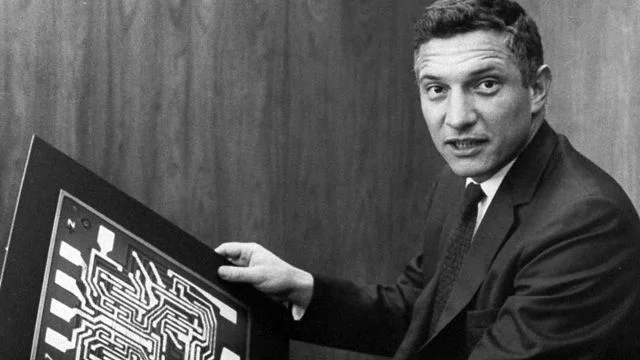
Robert Noyce was granted a patent for the integrated circuit, revolutionizing electronics and computing technology. His invention enabled the miniaturization of electronic devices and launched the modern computer age.
The integrated circuit combined multiple electronic components on a single semiconductor chip. This breakthrough made possible everything from personal computers to smartphones and transformed global communication systems.
Cultural and Arts Events on April 25
1996 – Saul Bass Dies

Legendary graphic designer and director Saul Bass passed away, leaving behind an extraordinary legacy in visual communication. His iconic movie posters and title sequences transformed how audiences experienced cinema.
Bass created memorable designs for films like “Vertigo,” “North by Northwest,” and “The Shining.” His innovative approach to graphic design influenced generations of artists and established new standards for visual storytelling.
1995 – Ginger Rogers Dies

Beloved actress, singer, and dancer Ginger Rogers died, ending a remarkable career that spanned decades of entertainment. Her elegant performances and legendary partnerships defined Hollywood’s golden age of musicals.
Rogers danced with Fred Astaire in ten classic films, creating cinematic magic that continues enchanting audiences worldwide. Her talent, grace, and professionalism established her as one of entertainment’s most enduring icons.
2011 – Louis le Brocquy Dies
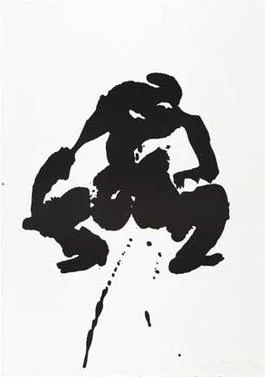
Renowned Irish painter and illustrator Louis le Brocquy passed away, concluding a distinguished career in modern art. His innovative techniques and Celtic-inspired works earned international recognition and critical acclaim.
Le Brocquy’s paintings explored themes of Irish identity and universal human experience. His artistic vision bridged traditional Celtic culture with contemporary modernist movements, creating a unique visual language.
1976 – Carol Reed Dies
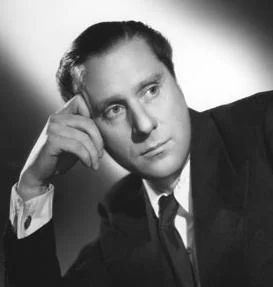
Acclaimed English director and producer Carol Reed died, leaving behind a legacy of cinematic excellence. His masterful filmmaking techniques and compelling storytelling earned him numerous awards and industry recognition.
Reed directed classics like “The Third Man” and “Oliver!” showcasing his versatility across different genres. His innovative camera work and attention to detail influenced countless filmmakers and elevated British cinema’s international reputation.
Religious and Social Events on April 25
1916 – First Anzac Day Commemoration
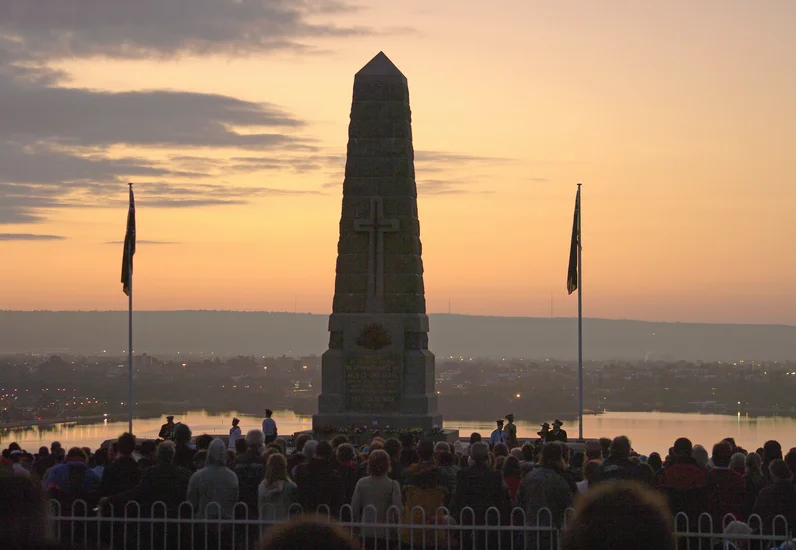
Australia and New Zealand commemorated Anzac Day for the first time, honoring the anniversary of the Gallipoli landings. This solemn observance established a lasting tradition of remembrance for military service and sacrifice.
Communities gathered to honor their fallen soldiers and reflect on the costs of war. The day became a cornerstone of national identity, celebrating courage, mateship, and the values these nations hold dear.
1983 – American Girl Invited to Soviet Union
Soviet leader Yuri Andropov invited American schoolgirl Samantha Smith to visit the USSR after reading her heartfelt letter about nuclear war fears. This touching gesture captured global attention during the tense Cold War period.
Smith’s innocent plea for peace resonated with audiences worldwide and demonstrated children’s concerns about nuclear conflict. Her visit became a symbol of hope and human connection transcending political boundaries.
1945 – Italian Liberation Day Declared

The National Liberation Committee for Northern Italy called for a general uprising against German occupation forces. This coordinated resistance effort mobilized Italian civilians and partisans in their fight for freedom.
Italian communities rose up simultaneously across the north, overwhelming German defensive positions. The successful uprising marked Italy’s transformation from fascist dictatorship to democratic republic and restored national sovereignty.
1944 – United Negro College Fund Incorporated
The United Negro College Fund was officially incorporated to support higher education opportunities for African American students. This groundbreaking organization addressed systemic barriers preventing equal access to quality education.
The fund provided crucial scholarships and institutional support for historically black colleges and universities. Its efforts helped countless students achieve their educational dreams and contributed to America’s civil rights progress.
Business and Economic Events on April 25
1955 – Starbucks Co-founder Zev Siegl Born
American businessman Zev Siegl was born, who would later co-found the Starbucks coffee empire. His entrepreneurial vision helped transform a small Seattle coffee shop into a global phenomenon.
Siegl recognized the potential for premium coffee culture in American markets. His business acumen and marketing innovations established Starbucks as a household name and revolutionized the coffee industry worldwide.
1982 – Nuclear Power Plant Incident

More than 100 workers were exposed to radiation during repairs at Japan’s Tsuruga Nuclear Power Plant. This serious industrial accident highlighted safety concerns in nuclear energy production and prompted regulatory reviews.
The incident demonstrated the ongoing risks associated with nuclear power generation. Japanese authorities implemented stricter safety protocols and increased oversight to prevent similar accidents in the future.
2001 – President Bush Pledges Taiwan Support
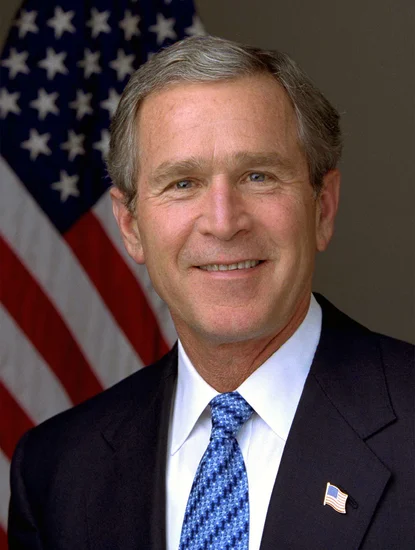
President George W. Bush pledged American military support to Taiwan in the event of a Chinese attack. This significant foreign policy statement reinforced America’s commitment to regional security and democratic values.
Bush’s declaration affected diplomatic relations between the United States and China. The pledge demonstrated America’s willingness to defend democratic allies and maintain strategic balance in the Asia-Pacific region.
Transportation and Infrastructure on April 25
1959 – Saint Lawrence Seaway Opens

The Saint Lawrence Seaway officially opened to shipping, creating a vital waterway linking the Great Lakes to the Atlantic Ocean. This massive engineering project transformed North American commerce and transportation.
The seaway enabled ocean-going vessels to reach inland ports throughout the Great Lakes region. This infrastructure development boosted economic growth and established new trade routes between North America and global markets.
1901 – New York Requires License Plates
New York became the first American state to require automobile license plates for vehicle registration. This pioneering regulation established standards for vehicle identification and traffic management.
The requirement reflected growing automobile ownership and the need for systematic vehicle tracking. New York’s innovation influenced other states to adopt similar regulations, standardizing automotive registration nationwide.
2005 – Japanese Train Derailment

A seven-car commuter train derailed and crashed into an apartment building near Amagasaki Station in Japan, killing 107 people. This tragic accident prompted comprehensive safety reviews of Japanese railway systems.
The disaster highlighted the dangers of high-speed rail travel in densely populated areas. Japanese authorities implemented enhanced safety measures and improved training protocols to prevent similar tragedies.
1980 – Canary Islands Aviation Disaster

Dan-Air Flight 1008 crashed near Los Rodeos Airport in Tenerife, killing 146 people aboard. This devastating accident underscored the critical importance of aviation safety and air traffic control procedures.
The crash occurred during challenging weather conditions that complicated landing approaches. Aviation authorities subsequently improved safety protocols and enhanced pilot training to address similar risk factors.
Sports and Recreation on April 25
1976 – Basketball Legend Tim Duncan Born

American basketball superstar Tim Duncan was born, destined to become one of the NBA’s greatest power forwards. His fundamental skills and leadership transformed the San Antonio Spurs into a championship dynasty.
Duncan’s consistent excellence and team-first mentality earned him five NBA championships. His remarkable career demonstrated the value of dedication, preparation, and selfless play in achieving sustained success.
1969 – NFL Star Darren Woodson Born

American football player Darren Woodson was born, who would become a Dallas Cowboys legend. His hard-hitting style and defensive leadership helped define the Cowboys’ championship teams of the 1990s.
Woodson’s versatility and intelligence made him one of the NFL’s premier safeties. His career achievements and post-playing analysis work established him as one of football’s most respected voices.
1958 – Progressive Rock Vocalist Fish Born

Scottish singer-songwriter Fish was born, who would become the distinctive voice of progressive rock band Marillion. His theatrical performances and poetic lyrics captivated audiences worldwide.
Fish’s powerful vocals and stage presence helped establish Marillion as pioneers of neo-progressive rock. His artistic vision and musical innovation influenced countless musicians and expanded rock music’s creative boundaries.
1967 – Olympic Swimmer Angel Martino Born
American swimmer Angel Martino was born, who would excel in international competition. Her dedication to training and competitive excellence earned her Olympic medals and world records.
Martino’s achievements in butterfly and freestyle events demonstrated American swimming’s global dominance. Her success inspired young athletes and contributed to the United States’ Olympic swimming legacy.
Notable Births on April 25
1917 – Ella Fitzgerald Born
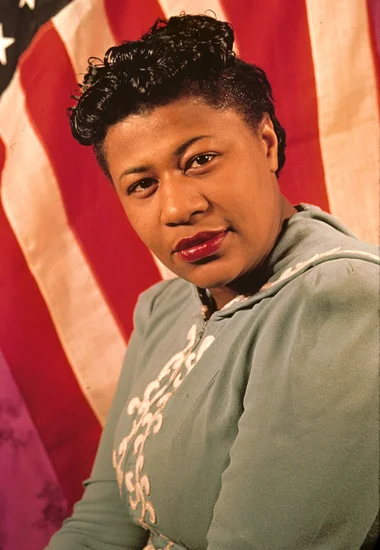
American jazz legend Ella Fitzgerald was born, destined to become the “First Lady of Song.” Her extraordinary vocal range and improvisational skills revolutionized jazz singing and influenced generations of musicians.
Fitzgerald’s pure tone and perfect pitch made her one of music’s most beloved performers. Her recordings of the Great American Songbook remain definitive interpretations that continue inspiring singers worldwide.
1940 – Al Pacino Born

American actor Al Pacino was born, who would become one of cinema’s most intense and compelling performers. His method acting approach and powerful screen presence created unforgettable characters.
Pacino’s roles in “The Godfather,” “Serpico,” and “Scent of a Woman” demonstrated his remarkable range. His passionate performances and dedication to craft earned him Academy Awards and lasting recognition.
1969 – Renée Zellweger Born

American actress Renée Zellweger was born, who would captivate audiences with her versatile performances. Her ability to transform completely for different roles established her as one of Hollywood’s most talented actresses.
Zellweger’s portrayals in “Jerry Maguire,” “Bridget Jones’s Diary,” and “Judy” showcased her dramatic range. Her commitment to authentic character development earned critical acclaim and multiple Academy Awards.
1945 – Björn Ulvaeus Born

Swedish musician Björn Ulvaeus was born, who would co-create the global phenomenon ABBA. His songwriting partnership with Benny Andersson produced some of pop music’s most enduring hits.
Ulvaeus helped craft ABBA’s distinctive sound that conquered international charts throughout the 1970s. His musical innovations and theatrical sensibilities later found expression in successful stage musicals.
1947 – Johan Cruyff Born

Dutch football legend Johan Cruyff was born, who would revolutionize the beautiful game. His innovative playing style and tactical philosophy transformed football into an art form.
Cruyff’s “Total Football” approach influenced generations of players and coaches worldwide. His vision and creativity established new standards for attacking play and strategic thinking.
1902 – Andrey Kolmogorov Born
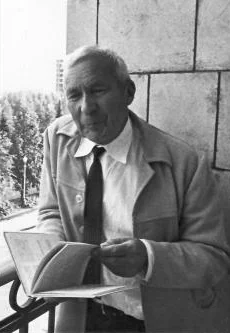
Russian mathematician Andrey Kolmogorov was born, who would become one of the 20th century’s greatest mathematical minds. His groundbreaking work in probability theory established fundamental principles still used today.
Kolmogorov’s contributions to mathematics spanned numerous fields including statistics, topology, and turbulence theory. His rigorous approach and innovative thinking advanced human understanding of complex mathematical concepts.
Notable Deaths on April 25
2009 – Bea Arthur Dies

Beloved American actress and singer Bea Arthur passed away, concluding a remarkable career in television and theater. Her sharp wit and commanding presence made her a television icon.
Arthur’s roles in “Maude” and “The Golden Girls” showcased her talent for combining humor with social commentary. Her performances addressed important issues while entertaining millions of viewers worldwide.
2007 – Bobby Pickett Dies

American singer-songwriter Bobby Pickett died, remembered for his novelty hit “Monster Mash.” His playful approach to music brought joy to countless listeners and became a Halloween tradition.
Pickett’s theatrical background influenced his musical style and performance approach. His ability to create memorable characters through song demonstrated the power of humor in popular music.
1992 – Dexter Gordon Dies

Legendary American jazz saxophonist Dexter Gordon passed away, ending a distinguished career in bebop and hard bop. His warm tone and sophisticated improvisations influenced generations of musicians.
Gordon’s comeback in the 1970s and 1980s introduced his artistry to new audiences. His dedication to jazz traditions while embracing innovation exemplified the genre’s enduring creative spirit.
2002 – Lisa Lopes Dies

American rapper and TLC member Lisa “Left Eye” Lopes died tragically in a car accident. Her creative contributions to hip-hop and R&B helped define 1990s popular music.
Lopes’ innovative rap style and visual artistry pushed creative boundaries in music videos. Her work with TLC addressed social issues while creating chart-topping hits that resonated with diverse audiences.
1988 – Clifford D. Simak Dies

American science fiction writer Clifford D. Simak passed away, leaving behind a legacy of thoughtful and humanistic science fiction. His stories explored themes of rural life and humanity’s relationship with technology.
Simak’s gentle approach to science fiction contrasted with more aggressive contemporary styles. His works like “City” and “Way Station” demonstrated how science fiction could examine human values and connections.
2023 – Harry Belafonte Dies
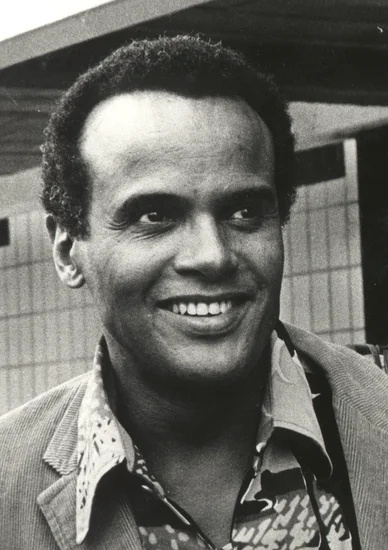
American singer, activist, and actor Harry Belafonte passed away, concluding a life dedicated to entertainment and social justice. His powerful voice and unwavering activism made him a cultural icon.
Belafonte’s music brought Caribbean influences to mainstream American audiences. His commitment to civil rights and humanitarian causes demonstrated how artists could use their platforms for positive social change.
Holidays and Observances on April 25
Anzac Day
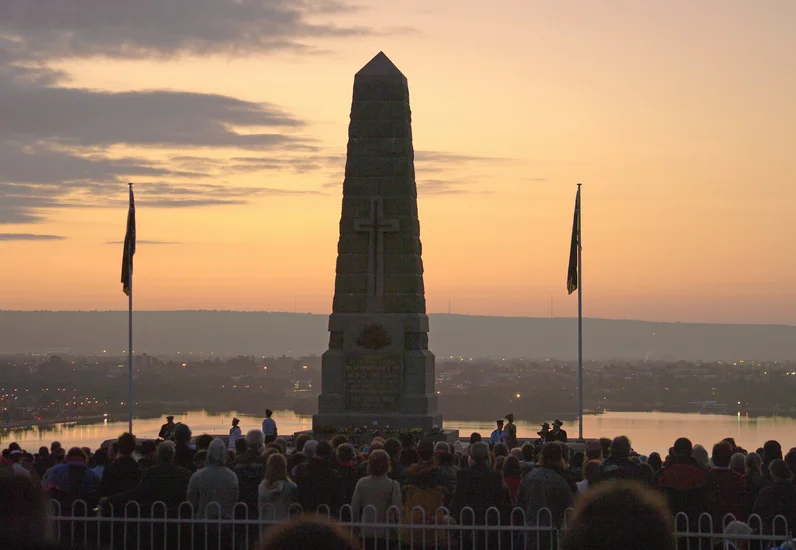
Australia, New Zealand, and Tonga commemorate Anzac Day, honoring military personnel who served in conflicts. The observance began in 1916 to mark the anniversary of the Gallipoli landings.
Dawn services, parades, and memorial ceremonies take place across participating nations. The day celebrates courage, mateship, and sacrifice while promoting peace and remembrance.
Liberation Day Italy

Italy celebrates Liberation Day, commemorating the end of Nazi occupation and fascist rule. The holiday marks the country’s transition from dictatorship to democracy following World War II.
Italians gather for ceremonies honoring resistance fighters and Allied forces who freed their nation. The observance promotes democratic values and remembers those who fought for freedom.
Freedom Day Portugal

Portugal observes Freedom Day, celebrating the Carnation Revolution that ended decades of authoritarian rule. The peaceful coup in 1974 restored democratic governance and civil liberties.
Portuguese citizens participate in cultural events and political demonstrations. The holiday emphasizes the importance of democracy and human rights in modern Portuguese society.
World Malaria Day

The international community observes World Malaria Day to raise awareness about this preventable disease. The observance promotes global efforts to combat malaria and support affected communities.
Health organizations coordinate educational campaigns and fundraising initiatives. The day highlights progress in malaria prevention while emphasizing the need for continued international cooperation.
